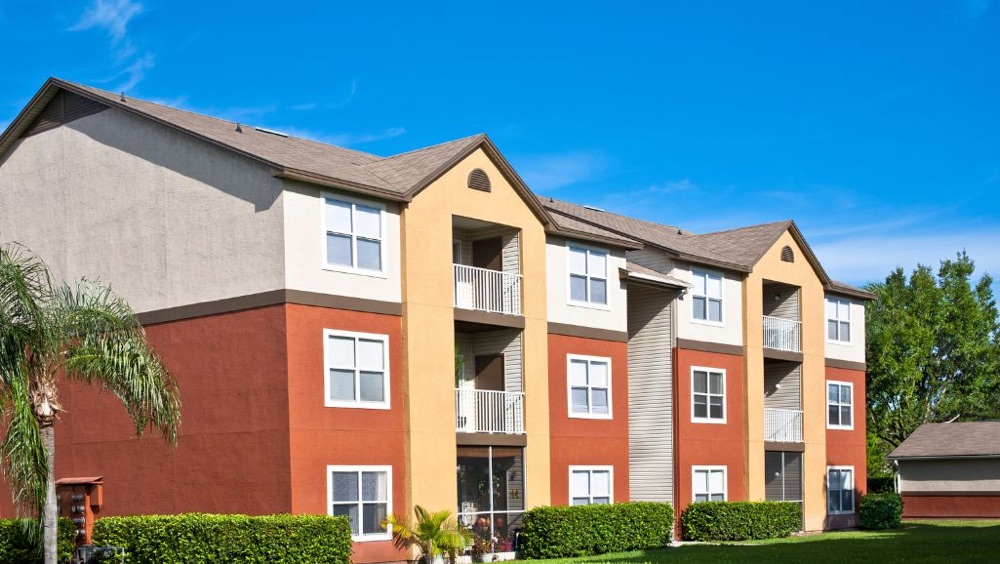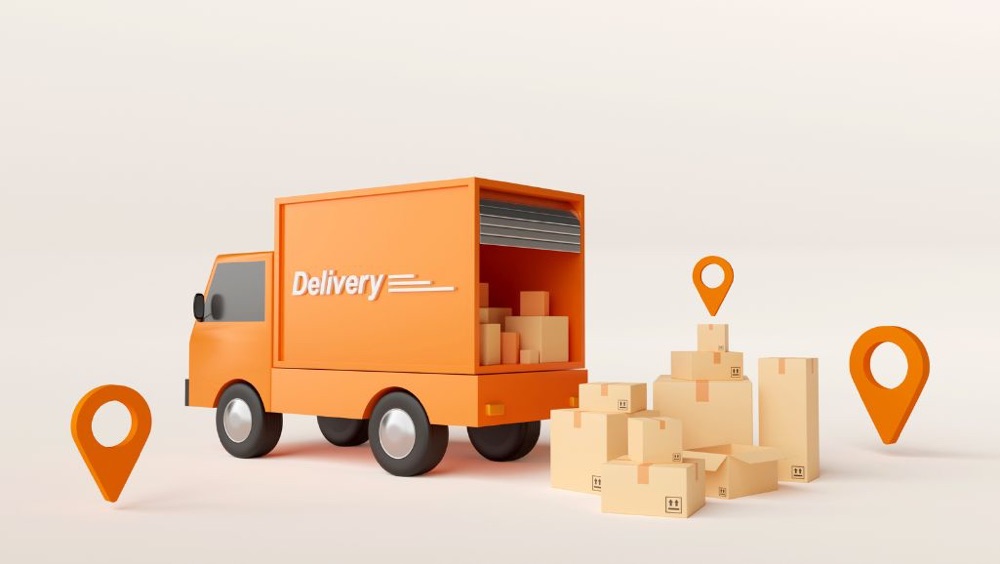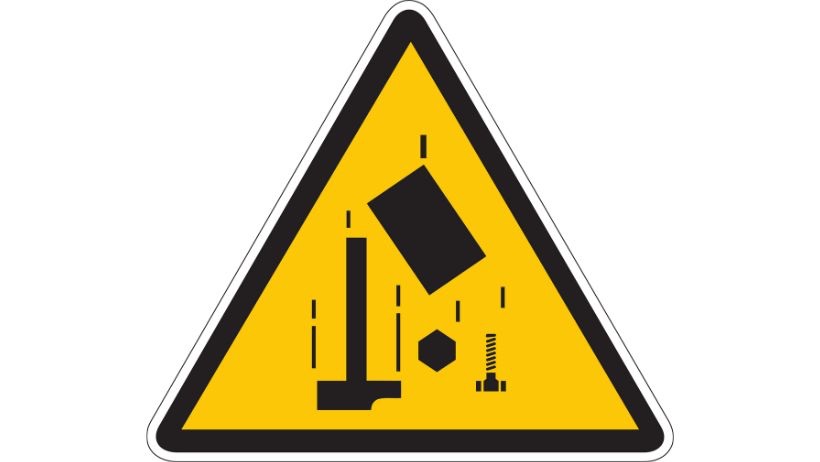 The construction industry is filled with hazards that can result in injuries or death and increase Contractor Insurance costs. According to the Texas Department of Insurance, 20% of fatal work injuries in the U.S. in 2021 occurred in the construction industry, and 37% of construction deaths in 2021 were caused by falls.
The construction industry is filled with hazards that can result in injuries or death and increase Contractor Insurance costs. According to the Texas Department of Insurance, 20% of fatal work injuries in the U.S. in 2021 occurred in the construction industry, and 37% of construction deaths in 2021 were caused by falls.
OSHA also found that roofing falls are the leading cause of roofing injuries and fatalities, accounting for about one-third of all fatal falls in construction between 1992 and 2005. Therefore, if you own a roofing company or ever work on roofs, understanding its unique hazards and taking steps to mitigate them can help lower your Contractor Insurance and other administrative costs.
10 Top Rooftop Hazards
Before starting any job, you should assess the situation and identify potential hazards. Here are the top ten rooftop hazards.
- Roof Stability
Unstable roofs that aren’t strong enough to support the weight of people and equipment needed for the job can cause accidents. - Ladder Security and Placement
Unstable or improperly secured ladders can lead to injury. - Weather Conditions
Snow, rain, and ice can make roofs slippery. Wind and extreme temperatures can also be hazardous to rooftop workers. - Roof Hole
Skylights and poorly covered holes can result in falls. - Edge Awareness
Some workers become so focused on their work that they forget where the roof edge is. - Improper Training
Workers can’t avoid accidents if they don’t know how to identify, prevent, and avoid hazards. - Improper Use of Fall Protection
Fall protection must be used properly for it to work. Poorly anchored railings, too-long lanyards, or weak tie-off points will give workers a false sense of security and will not protect them if they slip or fall. - Poor Line of Sight
Ridge vents, shingle bundles, chimneys, etc., can block egress on a roof. - Pitch
The steeper the roof, the harder it is to work on and the more hazardous the conditions. - Split-Level Roofs & Fall Heights
Workers on low-slope and split-level roofs with unprotected sides and edges can be hazardous.
Electricity, power tools, and hazardous substances are additional rooftop hazards to watch for.
9 Tips to Mitigate Rooftop Hazards
- Provide Fall Protection
Depending on the situation, fall protection may include personal fall arrest systems (PFAS), fall restraint systems, safety net systems, and/or guardrail systems. - Provide Safety Training
Proper safety training, which should be regular and ongoing, will help workers identify and avoid hazards. - Follow OSHA Regulations
OSHA regulations are designed to keep workers safe and avoid injuries and death. In 2013, the most frequently cited OSHA standards during roofing contractor inspections included the duty to have fall protection, ladder safety, fall protection training requirements, eye and face protection, and general scaffold requirements. - Provide Appropriate PPE
Depending on the situation, proper personal protective equipment for roofers may include safety glasses, high-visible clothing, hard hats, non-slip footwear, respiratory protection, earplugs, fall protection, and/or gloves. - Use Signage to Identify Potential Hazards
Proper signage can alert workers to potential hazards and is required by OSHA. - Pay Attention to the Weather
Pay attention to weather forecasts, and if bad weather threatens workers, delay work on roofs, - Ensure That Ladders are Stable
Ladders should be regularly inspected for visible defects, workers should be trained on ladder safety, ladders should only be used on stable and level surfaces or secured to prevent accidental displacement, ladders should be placed away from traffic, and the areas at the top and bottom of the ladder should be kept clear. - Inspect Roof Before and After Work
Look for potential hazards like holes and loose debris before and after work. - Have an Emergency Action Plan in Place—Creating a written emergency action plan and ensuring workers, especially managers, are familiar with it is the best way to ensure that calm prevails and proper steps are taken if disaster hits your work site.
Lower Contractor Insurance Premiums the Easy Way!
The right insurance helps protect your workers and your business, but you don’t want to pay more than you need to for that protection. As a Trusted Choice independent insurance agency, the experienced agents at American Insuring Group compare the cost of your coverage with many competing insurance brands to ensure you pay the lowest premium.
Ready to save? Call us today at (800) 947-1270 or (610) 775-3848, or connect with us online.



 Most property owners understand the importance of protecting their property with adequate
Most property owners understand the importance of protecting their property with adequate  Whether you're a fleet owner, fleet manager, or owner-operator, the right
Whether you're a fleet owner, fleet manager, or owner-operator, the right  In Pennsylvania, almost every employer is required to carry
In Pennsylvania, almost every employer is required to carry  In a perfect world, every construction or renovation project would go exactly as planned with the expected results. Unfortunately, that rarely happens. Sometimes, design plans are flawed, work is done incorrectly, or materials are defective, resulting in construction defects that you, as a contractor or subcontractor, may be held liable for.
In a perfect world, every construction or renovation project would go exactly as planned with the expected results. Unfortunately, that rarely happens. Sometimes, design plans are flawed, work is done incorrectly, or materials are defective, resulting in construction defects that you, as a contractor or subcontractor, may be held liable for. Historically, buying real estate has been a lucrative investment. "For the past decade, real estate has ranked as Americans' top investment pick, with 34% of Americans identifying real estate as the best long-term investment in 2023," according to
Historically, buying real estate has been a lucrative investment. "For the past decade, real estate has ranked as Americans' top investment pick, with 34% of Americans identifying real estate as the best long-term investment in 2023," according to  Commercial Truck Insurance
Commercial Truck Insurance Regarding
Regarding  If you want to lower the cost of
If you want to lower the cost of  Many new real estate investors assume homeowners' insurance will cover any damage or liability associated with their rental property. However, if you are not the resident of a property and instead rent it out to someone else – whether it's for a week or several years – you need
Many new real estate investors assume homeowners' insurance will cover any damage or liability associated with their rental property. However, if you are not the resident of a property and instead rent it out to someone else – whether it's for a week or several years – you need 



